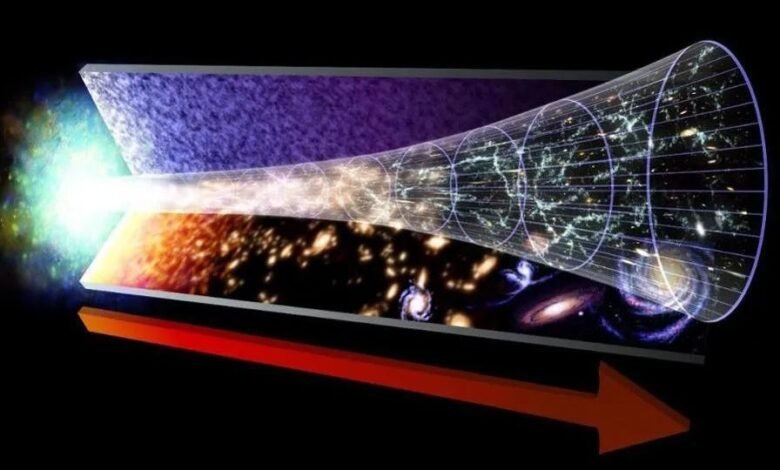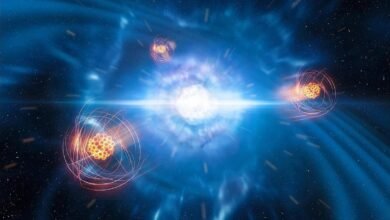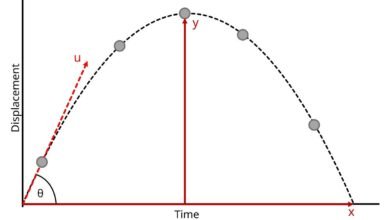Ask Ethan: Why couldn’t the Universe have expanded forever? | by Ethan Siegel | Starts With A Bang! | Oct, 2025

For 13.8 billion years, the Universe has been expanding. But that couldn’t have been the case for an eternity, and science has proven it.
In many ways, our modern picture of the Universe got its start in the 1920s. In that one decade, we discovered that the spiral and elliptical nebulae in the sky were actually galaxies, far beyond the extent of our own Milky Way. We measured the distance to these galaxies, determining that the farther away they were, on average, the faster they appeared to be speeding away from us. And we calculated that a Universe that was uniformly filled with “stuff” — whether matter, radiation, a cosmological constant, or any other form of energy — would be unable to be static and stable; it must either expand or contract.
From these revolutionary realizations, the notion of the expanding Universe was born. Over the past century, we’ve learned much more about the history and properties of our Universe. We know it’s been 13.8 billion years since the hot Big Bang; we know our Universe is dominated by dark energy and dark matter; we know that the hot Big Bang was preceded and set up by a period of cosmic inflation. But what came before inflation, and could the inflationary period have lasted forever? That’s…
Source link





